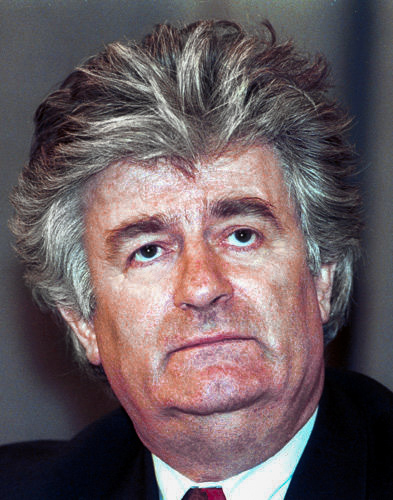Milošević and Šešelj in the dock: contrasting psychologies of power
By Sean L Hanley, on 7 January 2013

Photo: ICTY building, The Hague Wikimedia Commons
The defences offered by former top politicians and generals of trial for war crimes at the International Criminal Tribunal for the former Yugoslavia (ICTY) can seem like rambling political bluster. However, examined more closely, they offer a revealing glimpse into different psychologies of personal power. argues Kristen Perrin
There are moments when the proceedings at the International Criminal Tribunal for the former Yugoslavia (ICTY) in The Hague are more closely followed by mainstream media than usual. This commonly happens when events inside the courts are tumultuous enough to warrant international coverage, reminding some people that the war crimes tribunals relating to the Yugoslav wars of the mid-nineties are, in fact, still going on. A recent example was the closing statement Vojislav Šešelj, former leader of the Serbian Radical party, gave the ICTY in March 2012. Šešelj’s behaviour in the court was notorious by this point – he had gone on a hunger strike, refused to attend his own opening statement while defending himself, and taken multiple opportunities to distract, delay, and otherwise interfere with the progress of his trial.
This type of behaviour was not new to the ICTY, and was in some ways comparable with that of Slobodan Milošević when he represented himself. Looking at transcripts from his trial, we can see that Milošević’s strategies were not mainly driven by the idea of making a legal defence, but were politically and historically charged. This is common in ICTY trials, and its implications have been widely discussed. However, few researchers have used ICTY transcripts to study the cognitive patterns of those on trial – that is, taken examples from the transcripts to paint a picture of the thought processes of these individuals. (more…)
 Close
Close


